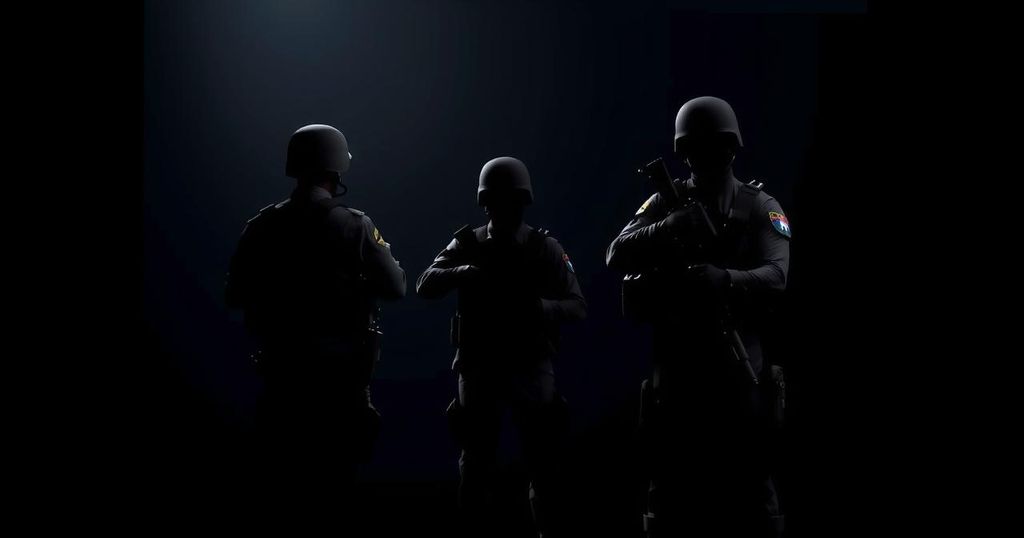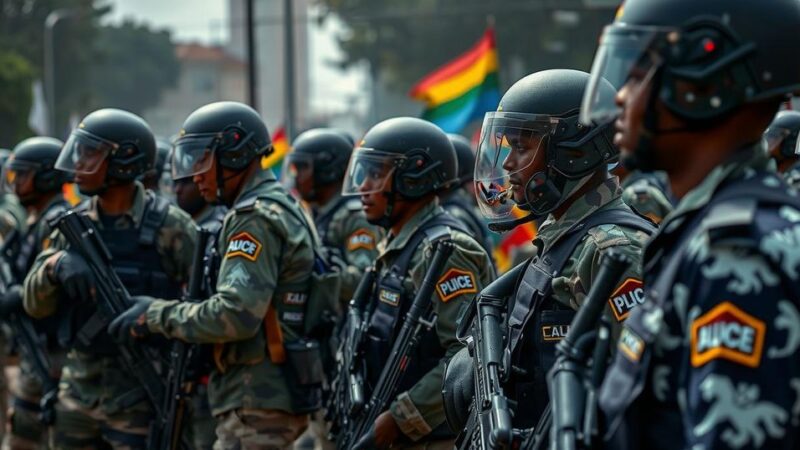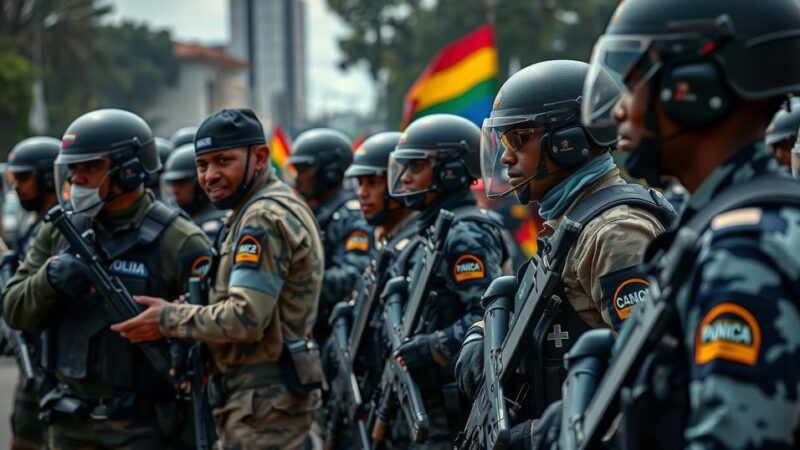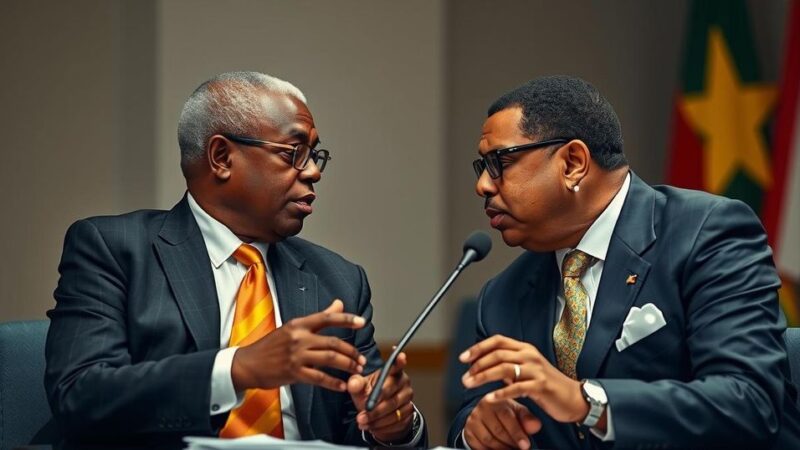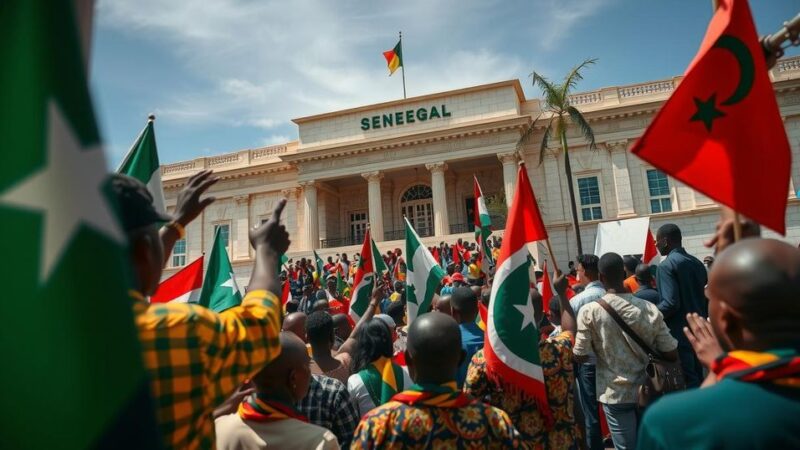President Luis Abinader of the Dominican Republic warned of drastic measures if the U.N.-backed anti-gang mission in Haiti fails. Haiti faces a critical humanitarian crisis, with gangs controlling Port-au-Prince and impacting Dominican security. Abinader emphasized the need for immediate stabilization to enable elections, while his government has faced scrutiny for human rights issues related to Haitian migrants. The international community’s support remains essential as tensions rise in the region.
In a recent address to the United Nations General Assembly, President Luis Abinader of the Dominican Republic expressed the urgency of stabilizing Haiti amid rising gang violence. Abinader warned that his administration would be compelled to take ‘drastic measures’ if the current U.N.-backed anti-gang mission does not succeed. The unsettling situation in Haiti has resulted in gangs controlling approximately 80% of Port-au-Prince, following the assassination of President Jovenel Moïse in July 2021, leading to a humanitarian crisis that has left nearly 700,000 Haitians homeless. Thousands have fled to the Dominican Republic, resulting in a substantial strain on resources. Abinader acknowledged the contribution of international forces, particularly the Kenyan police contingent, in the mission and highlighted concerns over the shortfall of personnel compared to the 2,500 agents promised by various nations. He emphasized the need for a fully operational mission to facilitate free elections, which have been absent since 2016, with a transitional council tasked to oversee them by February 2026. Abinader lamented, “Practically one year from the holding of elections, the conditions are still not in place to do so.” He stressed that failing to stabilize Haiti would herald a potential collapse for the nation, thereby impacting Dominican security. He noted a worrying trend of escalated gang attacks targeting governmental infrastructure, including police stations and prisons, leading to significant instability. Abinader remarked, “The Dominican state has shouldered a high responsibility in the Haitian crisis, far more than should be expected of it.” The pressures from the crisis have also manifested within the Dominican Republic, where a significant proportion of medical and educational services are being utilized by Haitians. While Abinader’s administration has faced criticism over deportations and alleged human rights violations against Haitians, he affirmed the government’s commitment to human rights protection. He also highlighted improvements in national security, with a noted decline in the murder rate and the lowest recorded poverty rate in the nation’s history, signaling efforts towards maintaining socio-economic stability amidst regional turmoil. The transitional head of Haiti’s government is scheduled to address the U.N. following Abinader’s statements, reflecting ongoing international interest in resolving the crisis.
The crisis in Haiti has been exacerbated by escalating gang violence, which has resulted in widespread lawlessness and humanitarian concerns affecting millions. The control exerted by gangs, particularly in the capital, has grounded conditions for governance and stability, complicating the political landscape following the assassination of President Jovenel Moïse. The Dominican Republic, sharing the island of Hispaniola with Haiti, has been significantly impacted by the spillover effects of this violence, leading to increased migration and humanitarian demands. International efforts, including a U.N.-backed mission led by Kenya, have aimed to alleviate the situation, but challenges persist regarding resource adequacy and political will for governance reforms in Haiti.
In summary, President Abinader’s remarks highlight the critical interplay of security, humanitarian relief, and political solutions needed to address the escalating crisis in Haiti. His proposed drastic measures signal a readiness to act decisively should international efforts falter. The situation calls for unified international assistance and a concerted push toward establishing conditions conducive to stable governance and necessary electoral processes in Haiti. Abinader’s address also reflects broader implications for regional security and the Dominican Republic’s role in navigating this complex crisis.
Original Source: apnews.com
